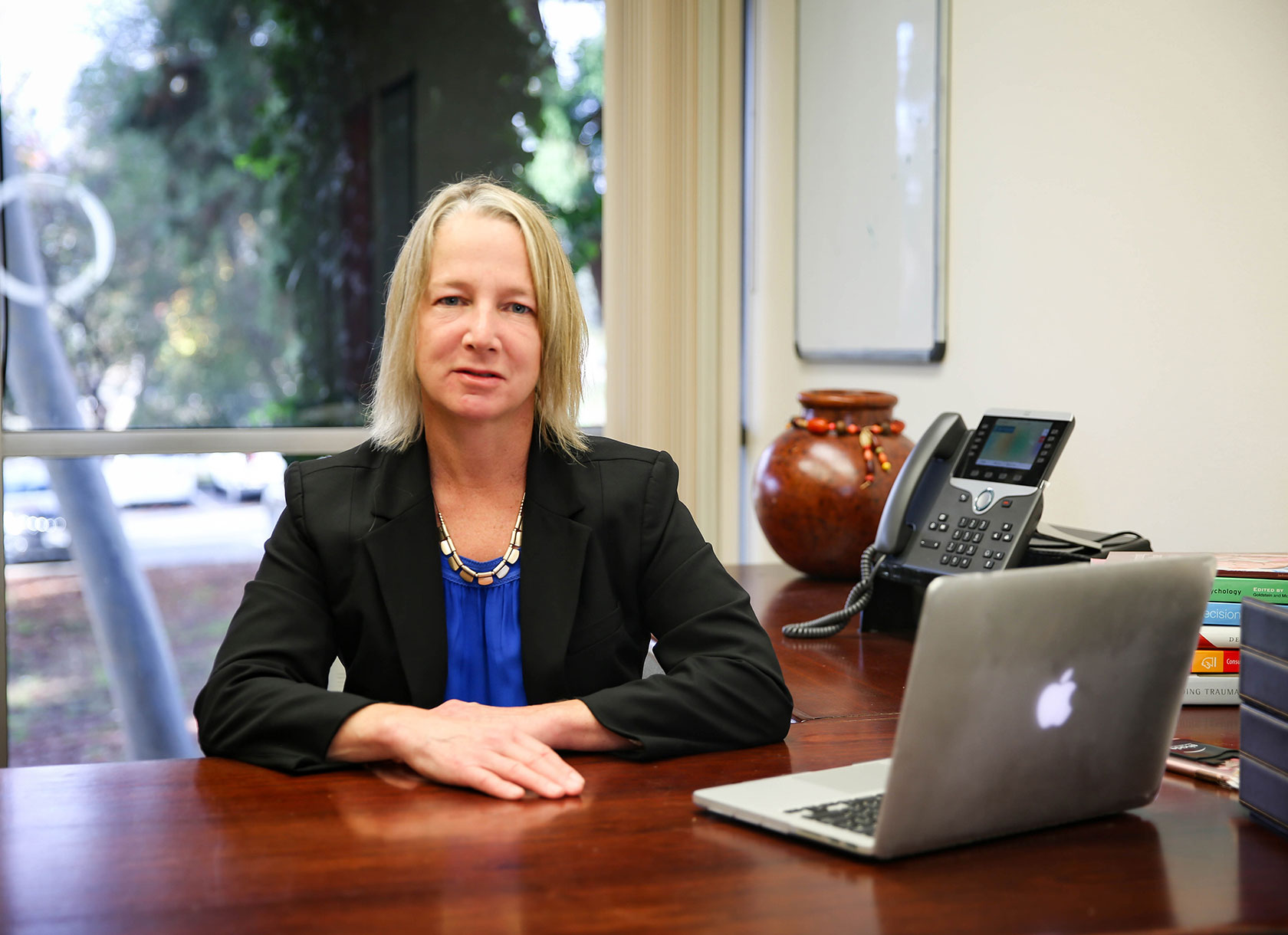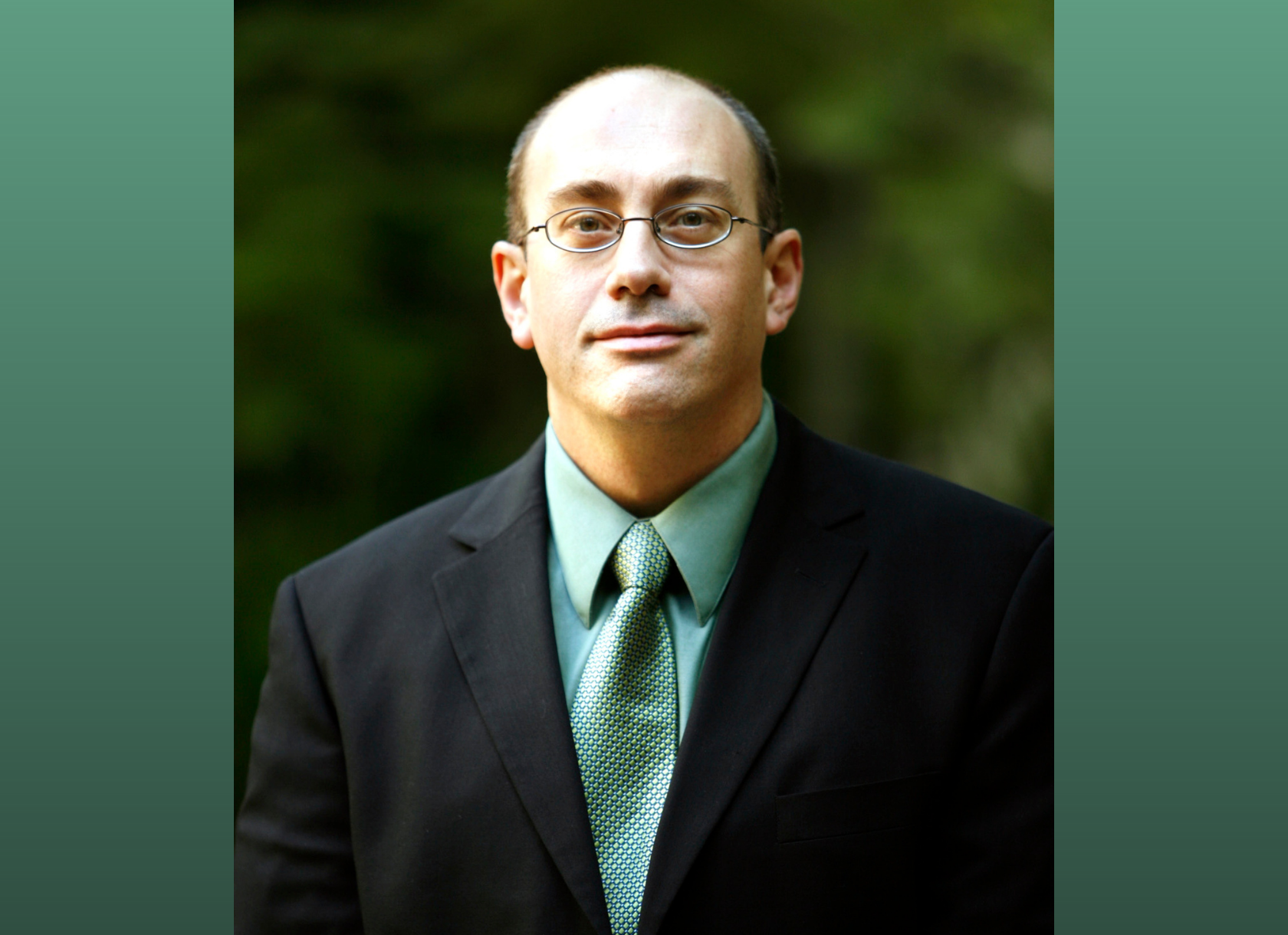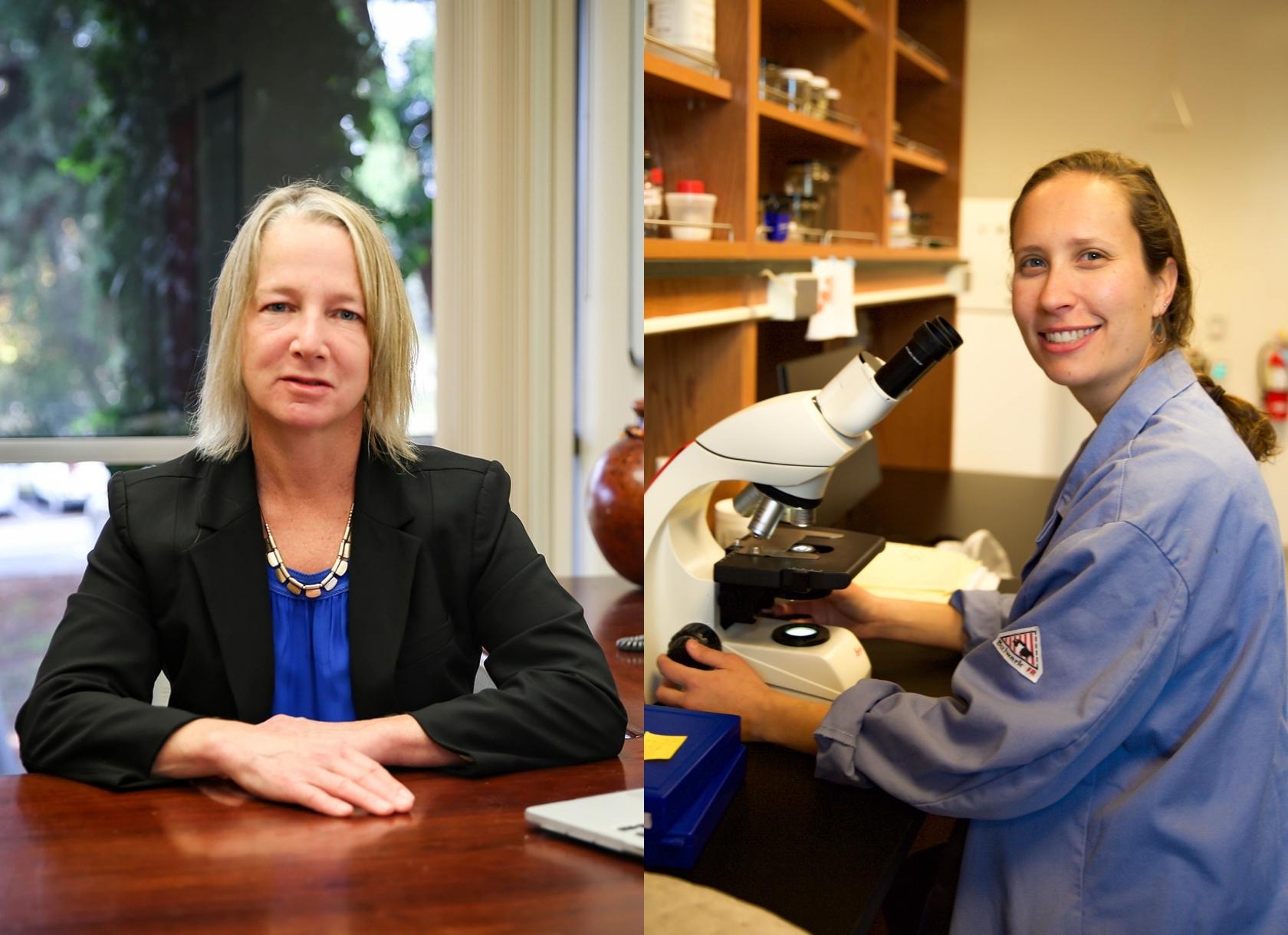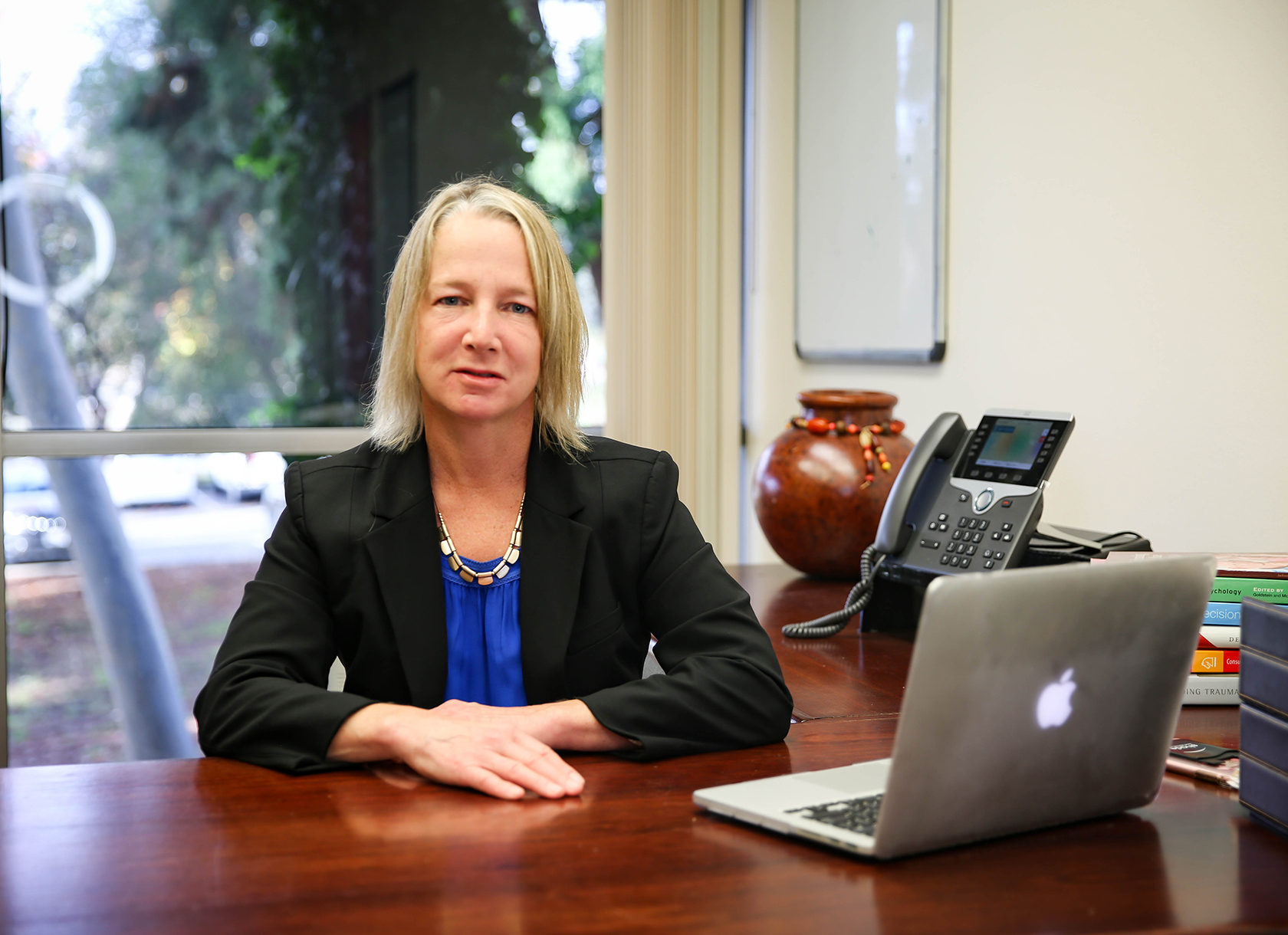Newsroom
Department of Psychology (page 4)
In the Media: Scripps Students Host Special Events for Local Seniors, Claremont Courier Reports
Three Scripps students from a clinical geropsychology class have partnered with the Claremont Senior Program at the Joslyn Center to host special events, the Claremont Courier reported.
Read MoreIn the Media: In Wall Street Journal, Stacey Wood Discusses Online Scams Targeted at Young People
In the Wall Street Journal, Stacey Wood, Molly Mason Jones Chair in Psychology and professor of psychology, discussed online get-rich-quick scams that are targeted at young people. As the prominence […]
Read MoreIn the Media: Stacey Wood Highlights Phone Scams that Target Psychologists in Psychology Today
Stacey Wood, Molly Mason Jones Chair in Psychology and professor of psychology, explored phone scams that target psychologists in Psychology Today. “Scammers induce an emotional reaction, often fear, from victims,” Wood writes.
Read MoreIn the Media: Stacey Wood Discusses Fraud and Gaslighting with San Francisco Chronicle
Stacey Wood, Molly Mason Jones Chair in Psychology and professor of psychology, spoke with the San Francisco Chronicle about scammers’ use of gaslighting as a tactic to commit fraud.
Read MoreMichael Spezio Reviews New Book on the Automation of Incarceration
Associate Professor of Psychology Michael Spezio reviewed Just Algorithms, Christopher Slobogin’s book on the automation of criminal sentencing, for Science magazine.
Read MoreIn the Media: Stacey Wood Discusses Britney Spears’ Conservatorship with the Guardian
Stacey Wood, Molly Mason Jones Chair in Psychology and professor of psychology, spoke to the Guardian about Britney Spears’ conservatorship, which Spears alleges has deprived her of her basic autonomy.
Read MoreIn the Media: Stacey Wood and Tessa Solomon-Lane Explain the Neuroscience of Catfishing in Salon
Stacey Wood, professor of psychology and Molly Mason Jones Chair in Psychology, and Tessa Solomon-Lane, professor of biology in the W.M. Keck Science Department, explain how catfishers exploit basic human neuroscience in Salon.
Read MoreIn the Media: Stacey Wood Examines Celebrity Sister Relationships on E! True Hollywood Story
Stacey Wood, Molly Mason Jones Chair in Psychology and professor of psychology, discussed the relationship dynamics of celebrity sisters on E! True Hollywood Story.
Read MoreIn the Media: Stacey Wood Discusses Philanthropic Scams in the New York Times
Stacey Wood, Molly Mason Jones Chair in Psychology and professor of psychology, discussed philanthropic scams in the New York Times.
Read MoreIn the Media: Michael Spezio Discusses the Empathy Potential of Artificial Intelligence in Lifewire
In Lifewire, Associate Professor of Psychology Michael Spezio discussed the empathy potential—or lack thereof—of artificial intelligence (AI) programs designed to enhance customer service.
Read More





